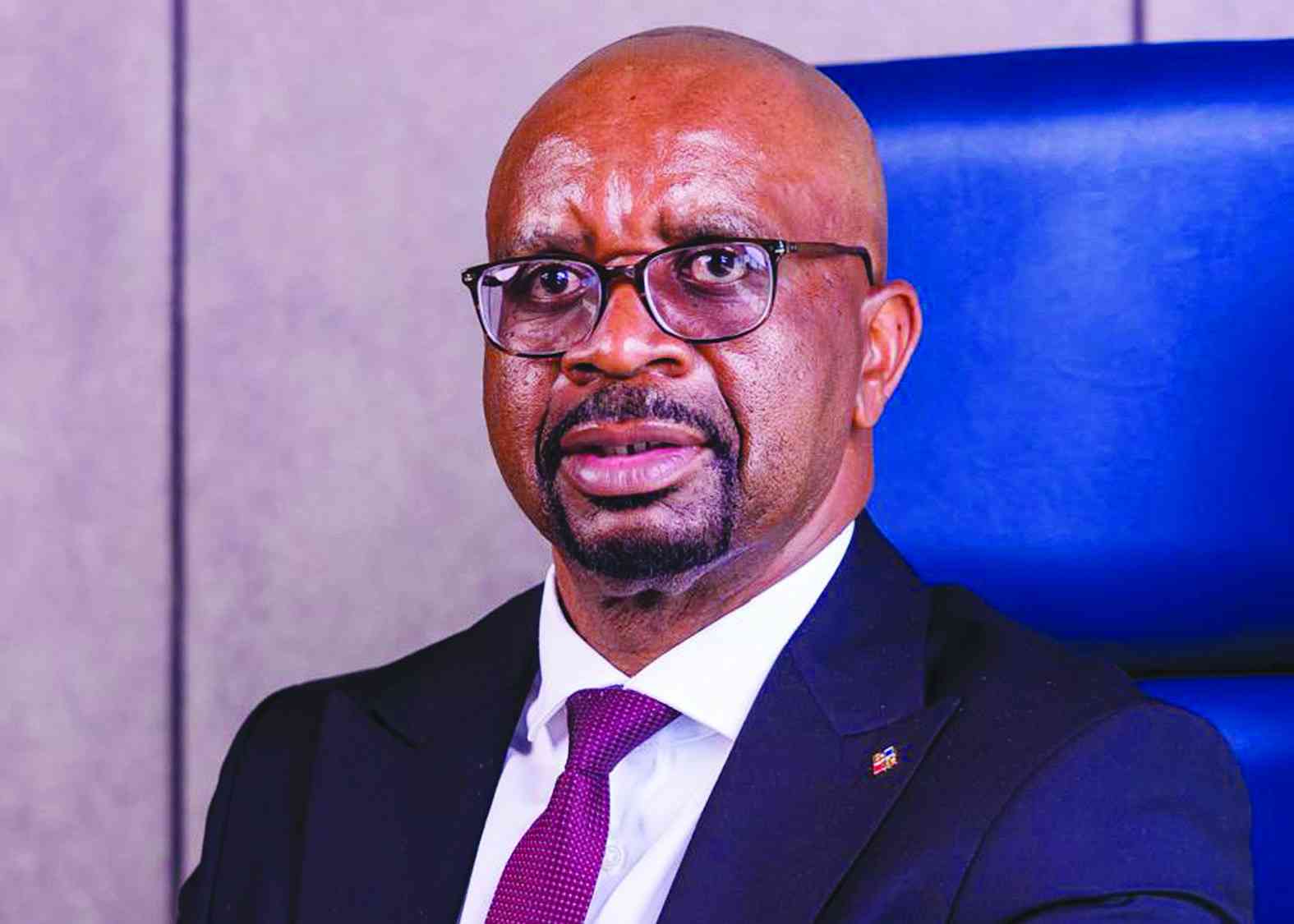
STATE-OWNED telecommunications company, TelOne Private Limited (TelOne) is facing serious liquidity constraints from a US$19,2 million debt owed to it by the government, it has been revealed.
The debt comes at a time when the company is failing to pay US$389 million in legacy debt that it owes creditors from loans it inherited after the Postal and Telecommunications Corporation (PTC) was unbundled over 20 years ago.
At the time, the government unbundled PTC into TelOne, NetOne Cellular Private Limited and Zimbabwe Posts (Pvt) Limited to streamline operations.
The government owes TelOne for voice and data services provided over years.
Speaking to the media on the sidelines of its annual general meeting (AGM) this week, TelOne chief executive officer Lawrence Nkala said they had now engaged the government over the debt.
“TelOne inherited loans worth ZiG10,05 billion (US$389 million) from PTC,” he said.
“The legacy loan book has remained an encumbrance to TelOne’s balance sheet, resulting in the company operating in a net liability position of ZiG32,2 million as of December 31, 2024, and this has hindered TelOne’s efforts to attract fresh capital required for network modernisation and digitalisation projects.”
He said liquidity shortages persisted throughout the year, resulting in increased counterparty risks, which negatively constrained the company’s working capital and its ability to fund its capital expenditure.
- US$19,2m govt debt chokes TelOne
Keep Reading
“As of today, the government of Zimbabwe owes TelOne ZiG517,2 million, which is equivalent to US$19,2 million, and as TelOne, we continue to engage the government of Zimbabwe to timeously settle its dues through various settlement options,” Nkala said.
“We have engagements with the Ministry of Finance, line ministries, and departments that are not paying, including the security services sector.
“They have also cited Treasury challenges in terms of funding, and they have not been given the budget.
“When there is a budget, they have not been given the money to pay for the bills. So, it’s an issue of liquidity as well that is raised by the Ministry of Finance.”
He said the debt had affected the business performance and put the company in a “tight spot”, as TelOne also had statutory obligations to the Zimbabwe Revenue Authority.
“This has caused serious liquidity constraints within the business and we are hamstrung in our operations because we do not have adequate capital, working capital for our operations, and also to be able to pay our own staff for them to deliver their output in terms of work,” Nkala added.
NewsDay Business understands that Treasury is working on payment strategies concerning the debt and TelOne’s legacy debt.
TelOne continues to pursue initiatives to raise funding for infrastructure development and network upgrade projects despite a lack of equity funding and the unavailability of loan funding.
Through its own internally generated funds, TelOne has made notable capital investments to support its strategic drive such base station deployment efforts.
TelOne has also commissioned 29 new sites on its Long Term Evolution (LTE) network and connected 12 000 homes to its Fibre-to-the-Home (FTTH) network, among other developmental projects.
Such efforts caused the company to realise inflation-adjusted revenue of ZiG2 billion last year, representing revenue growth of 20% compared to the prior year.
“The inflation-adjusted revenue increase for the period was largely driven by organic growth in the wholesale business segment, which grew by 102%, achieving sales of 81,8Gb [gigabytes] by period end,” Nkala said.
“Enterprise business segment grew by 26%, achieving sales of 25,87Gb. Data centre and cloud solution business grew by 23% in terms of rack space occupancy and cloud storage demand.”
He said home broadband subscribers increased by 5% to 147 876, with an average revenue per user per month of US$12 per subscriber.
To support revenue growth, TelOne is prioritising its network infrastructure through the LTE and FTTH rollouts.










